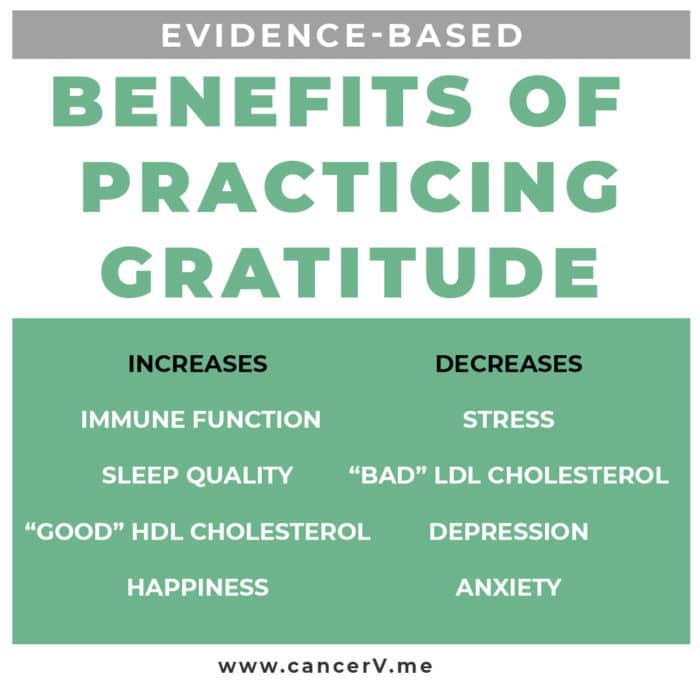I incorporated a journal practice into my morning routine and within weeks noticed a powerful impact on the rest of my day.
Even though I’m not much of a hand writer (I honestly can’t read my own writing and cramp after a few words), I picked up a few small, cheap notebooks and keep them by the bed next to my medicine whether we’re home or traveling. Second thing in the morning three or four times a week, after taking my pills and maybe a trip to the bathroom, I spend a few minutes filling two pages.

This is when I would normally brush my teeth which has clarified some things for me. Gross.
There are a variety of exercises I might do but but go-to is a page of gratitude and a page of intention-setting. I’ve found that these simple practices help me focus on what I really want and appreciate what I have. Nevertheless, there are other, less frequent journaling practices that have been deeply useful. Below are my favorites:
- Gratitude journaling
- Visualizing the future/ Intention setting
- Listing things that bring joy
- Finding forgiveness and insight by composing for others the letters I wish they would send
Gratitude journal practice for cancer
I fill the left page with a list of things that I’m grateful for. It usually starts with gratitude for another morning, the ability to breath deeply, sweet Brad beside me… and goes on from there. Of all the exercises here, this practice has been most extensively researched and demonstrated to:
- Reduce stress and anxiety, thereby increasing immune function
- Reduce symptoms of depression and increasing feelings of happiness
- Improve cholesterol levels by increasing “good” HDL and reducing “bad” LDL
- Improve sleep quality
All these benefits go hand in hand, of course.

Envisioning the future/ Setting an intention: Journal exercises for cancer
This is an exercise I came across in a book by Olivia Fox Cabane, The Charisma Myth: How Anyone Can Master the Art and Science of Personal Magnetism. The exercise involves writing out a detailed description of an upcoming event in just the way you want it to happen. She uses it with her performance coaching clients to reduce anxiety and improve outcomes – cancer patients kind of need the same thing.
I have variations on this exercise:
- I may describe my ideal life at a high level: ongoing remission, travel, writing, buying a small resort in Bali where I write, host occasional retreats, do lots of yoga and have cats.
- Sometimes, I describe a particular upcoming event in great detail as suggested in Cabane’s book: I attend the metabolic health summit and meet certain people, learn things, and come out with more purpose.
- Finally, I might describe a distant event in detail: I wake up at my Bali resort, do yoga, meditate, play with the cats, sit down to write… you get the idea.
These stories aren’t intended to be exciting to the reader (as you have now demonstrated); they’re supposed to be satisfying for the writer.
List of things that bring joy: Journal exercise for healing
As simple as it sounds. Just list the things that make you happy! Kittens, babies laughing, bad puns, sitting in the sunshine next to Brad, sunny spring snowboarding, the sound of the girls’ school nextdoor when the bell goes off, New Years’ Eve countdowns, cleaning out closets/ drawers/ purses…

This exercise can be difficult if you’re suffering from depression but, in my personal opinion, that’s when it’s most important. If you’re struggling, think back to a time in the past you were happy and identify what mattered in that scene…
Writing letters you wish you would receive: Journal exercise to release emotion and heal
This can be a very therapeutic exercise that doesn’t need to be repeated often but which can help release stored hurt, resentment and anger.
If you have any of those things (stored hurt, resentment or anger) in relation to a person in your life, find an undisturbed chunk of time and really spend some time thinking about what you wish they would say to you. Imagine what actions they’d have to take for those feelings to fully dissolve and you to completely forgive them. Then, pick up a pen and take on the persona of that person, put yourself in their skin and write yourself the letter you wish they would send you.
This exercise sounded silly to me when I first read about it but when I finally sat down to do it, was unexpectedly effective therapy with a variety of unique outcomes:
- Cathartic crying, in almost every case
- Exploring and understanding the reason behind my feelings
- Better understanding of the other person’s perspective, often triggering waves of compassion and empathy that blunted my resentment
- Feelings of resolution and forgiveness
Afterwards, some people like to ceremoniously burn the letters to symbolize and end to the past and fresh start.
How often should you journal for maximum healing?
Consistency is more important than frequency so this is really up to you. Studies do show that practicing the gratitude journal exercise three times a week might be more beneficial than doing it daily so, if you are pulling out your journal every day, consider alternating a gratitude practice with one of the other practices above or even free writing. Free writing is where you put pen to paper and write continuously for 15 minutes without pausing to think. I don’t do that one as much as I usually sit at the keyboard and type gibberish for 15 minutes without pausing to think and then post it on the permanent interwebs.
However you end up structuring your practice, I definitely recommend giving it a try!


